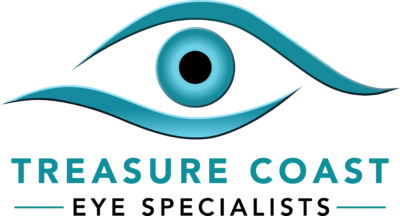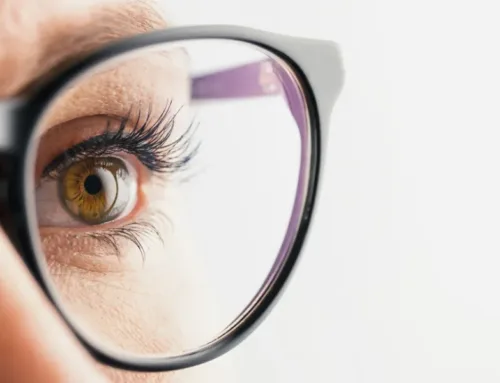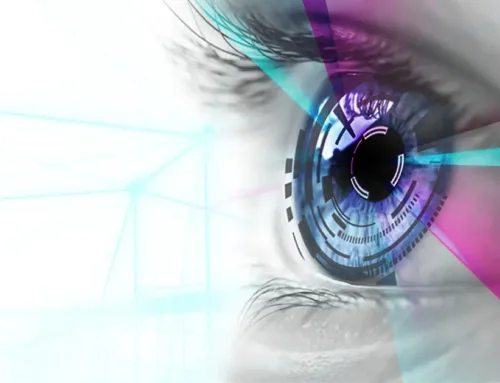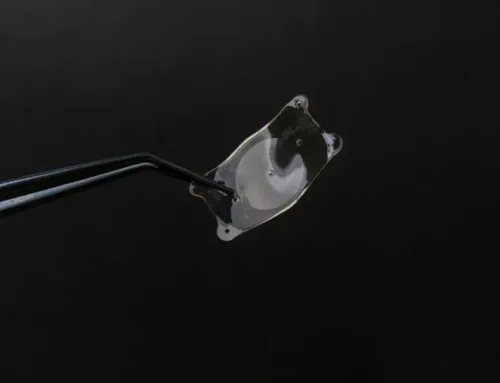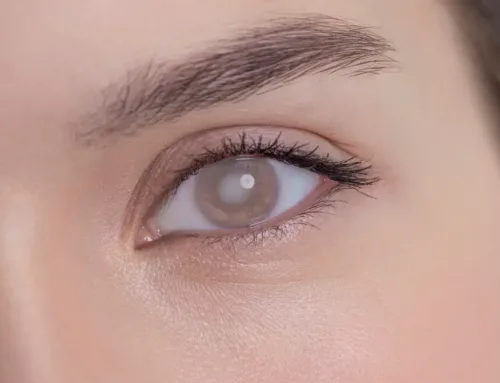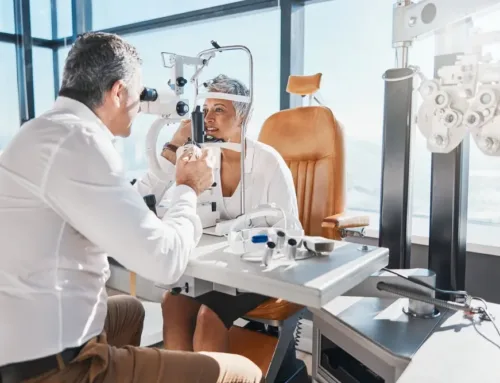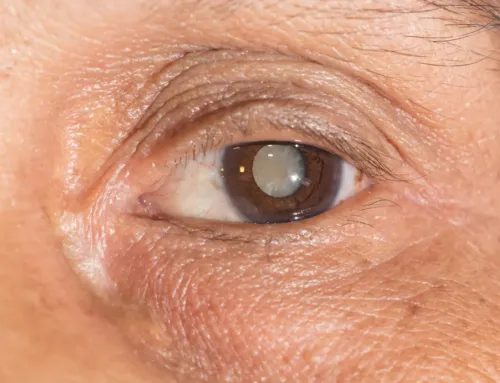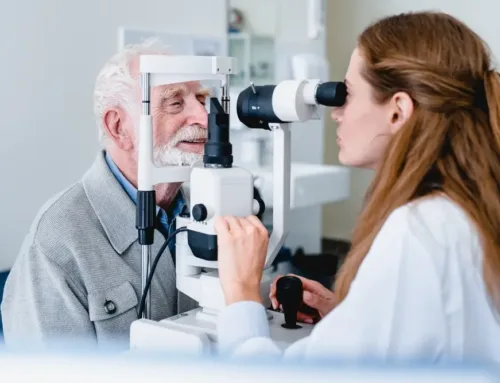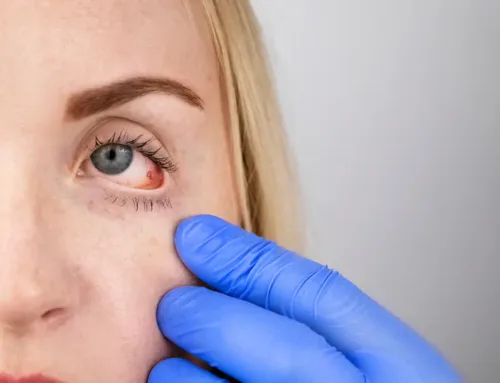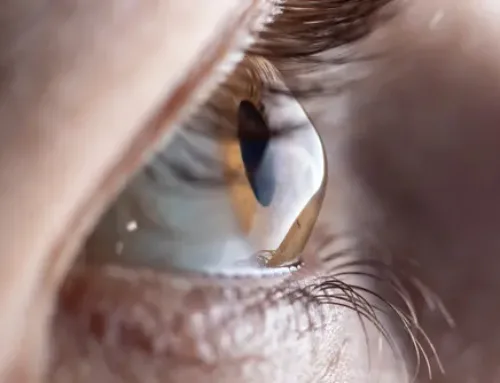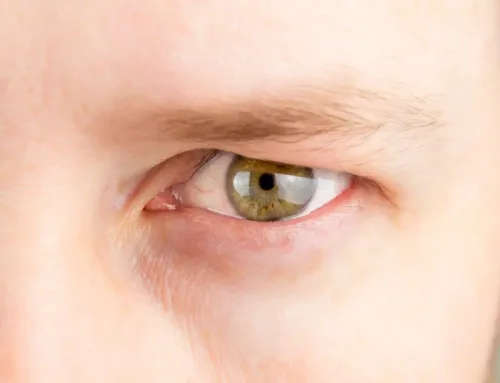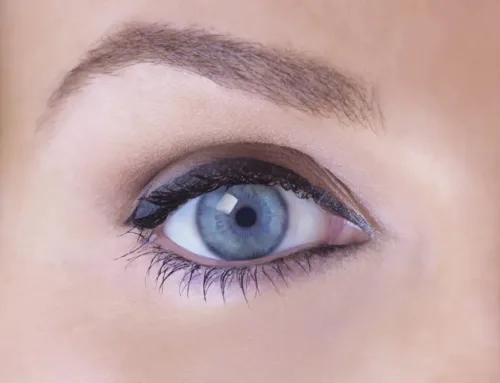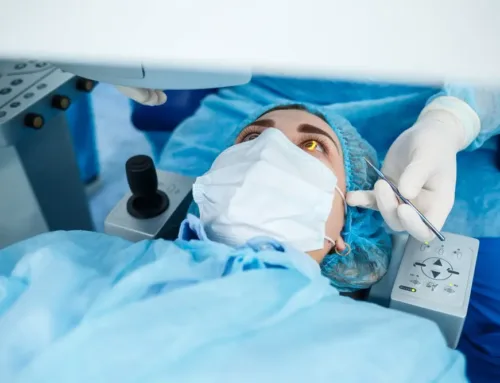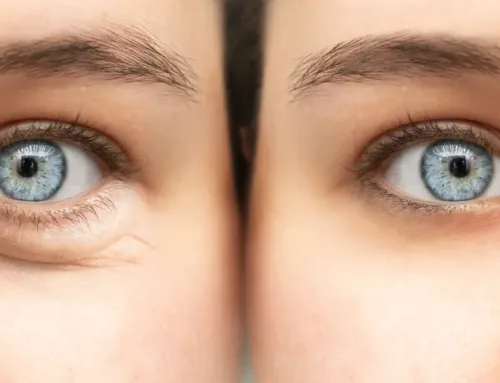Glaucoma is one of the leading causes of blindness for individuals over 60 years old. However, it can happen at any age. Prevent the condition from worsening by knowing its early signs and symptoms and getting the proper treatment.
What Is Glaucoma?
Glaucoma is a group of eye problems that cause optic nerve damage. The optic nerve is essential to your vision. It sends messages from your eyes to your central nervous system so you can interpret visual images. If left untreated, the condition can result in complete vision loss.
What Are The Signs & Symptoms Of Glaucoma?
There are several types of glaucoma, and the signs and symptoms vary.
Open Angle Glaucoma
It is the most common type of glaucoma and usually happens because of high fluid pressure in the eyes. Unfortunately, this condition does not show any early warning signs. It develops slowly and painlessly. Symptoms only appear when the damage is getting severe. You may notice:
- Blind spots in the peripheral or side vision.
- Difficulty seeing things in the central vision.
Chronic Angle-Closure Glaucoma
Angle-closure glaucoma also develops slowly and shows no early signs. Therefore, people with this condition may not know they have it until they have an acute angle-closure glaucoma attack or severe damage to the optic nerve.
When there is an attack, it is crucial to see an ophthalmologist immediately. Otherwise, you might not get your vision back.
Before an attack, you may experience the following:
- Blurred or decreased vision.
- Redness of the eye.
- Nausea.
- Headache.
- Severe pain in your eye or forehead.
- Seeing halos or rainbows.
- Vomiting.
Pigmentary Glaucoma
The symptoms of this type of glaucoma include:
- Blurry visions after an exercise.
- Halos around lights.
Normal-Tension Glaucoma
People with normal-tension glaucoma have normal fluid pressure in the eyes but may still experience common signs of the condition, like blind spots in their vision. The optic nerve is damaged by other reasons, like low blood supply to the nerve.
When To See An Eye Doctor?
Glaucoma is called the silent thief of sight. The lack of early warning signs makes them more formidable. But it does not mean there is no way to know about its existence early on and prevent the condition from worsening.
Glaucoma is diagnosed through a thorough eye examination. Your eye doctor will conduct a series of tests, such as visual acuity measurement, tonometry, pachymetry, and visual field testing. If the ophthalmologist notices something different about your optic nerve, they may consider you a glaucoma suspect. Meaning to say, you have a higher risk of developing this eye condition.
Those who have not caught this condition early are likely to suffer irreversible vision loss. That is why it is crucial to get a regular comprehensive eye test. Glaucoma at its early stage can still be managed. You only need to use eyedrop medicine prescribed by your eye doctor every day. There are also laser surgery options.
It is important to remember that glaucoma has no cure yet. You can only preserve your eyesight through early diagnosis and continuing treatment.
For a complete eye test and glaucoma treatment, visit Treasure Coast Eye Specialists in Port St. Lucie or Stuart, Florida. To book an appointment, call 772-400-2400 or 772-286-0007.

